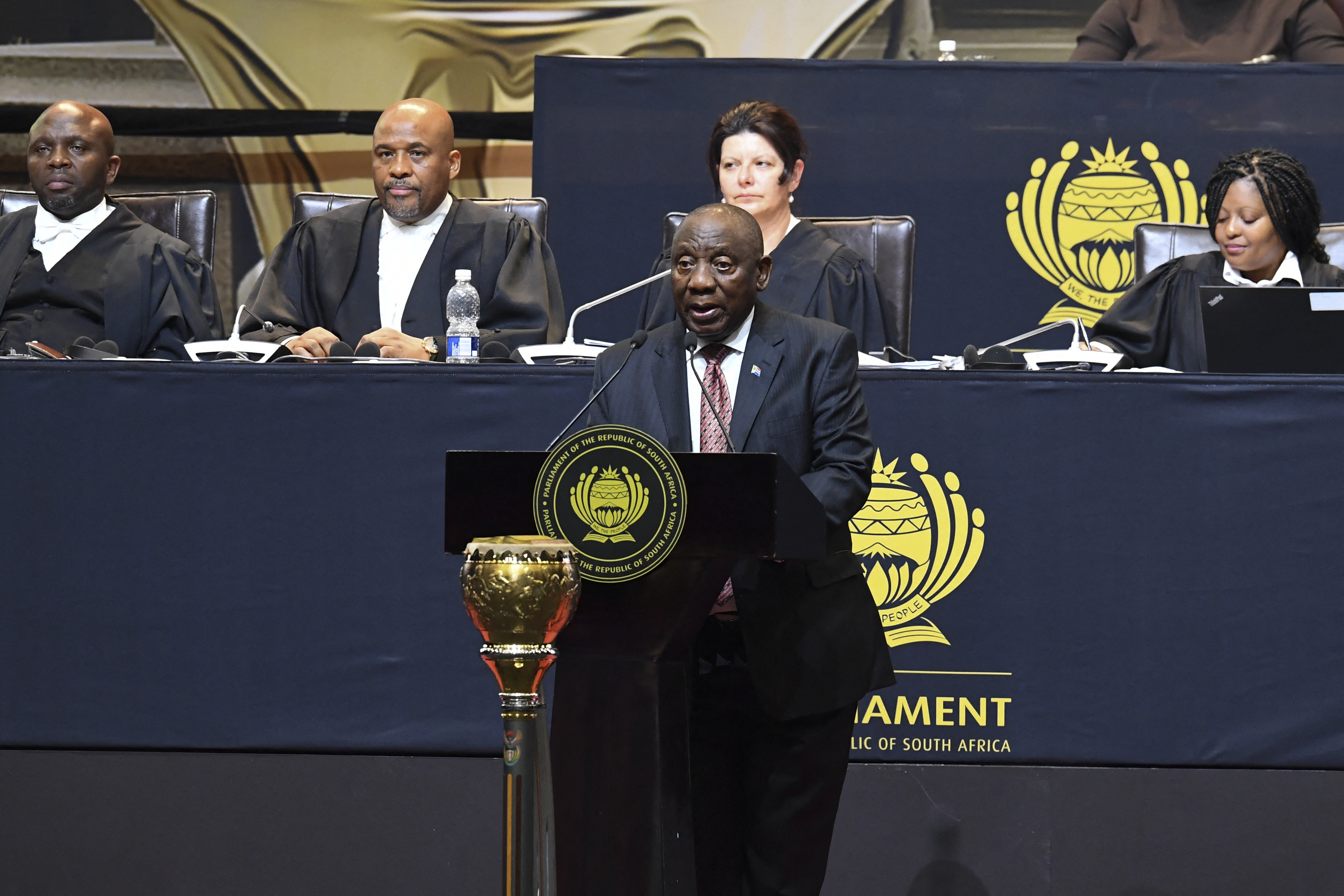
JOHANNESBURG - The South African Minister in the Presidency Khumbudzo Ntshavheni said on Saturday that the country is ready for the presidential inauguration on June 19, calling for all South Africans to be part of it.
Ntshavheni made the remarks when briefing the media about the state of readiness for the inauguration of Cyril Ramaphosa, who was re-elected as the president of South Africa on Friday at the first sitting of the National Assembly.
Minister of International Relations and Cooperation Grace Pandor said at the briefing that invitations have been sent to a number of heads of state and government to attend the presidential inauguration and they are receiving confirmations
The constitution stipulates that the president-elect must be sworn in within five days after his or her election.
ALSO READ: Ramaphosa re-elected president of South Africa
According to Ntshavheni, the inauguration ceremony will be held at the Union Buildings, which houses the offices of the president, in Pretoria. The ceremony will commence with an entertainment program at 9 am and the formal proceedings scheduled to start at 11 am.
"The president-elect will be sworn-in by the Chief Justice of the Republic of South Africa, Justice Raymond Zondo," she said. "The South African National Defense Force will perform the ceremonial elements of the inauguration as they pledge their allegiance to both the Republic and the Commander-In-Chief."
The newly sworn-in president will also deliver his inaugural address, she added.
She noted that the public is also invited to attend the proceedings and roads around the Union Buildings precinct will be closed off to traffic.
READ MORE: South Africa's ANC will seek to form government of national unity
Meanwhile, Minister of International Relations and Cooperation Grace Pandor said at the briefing that invitations have been sent to a number of heads of state and government to attend the presidential inauguration and they are receiving confirmations.
She said some of those who have been invited include presidents in Southern Africa, Central and Eastern Africa, as well as chairpersons of regional blocs like the Southern African Development Community (SADC), East African Community (EAC) and the African Union Commission. Heads of diplomatic corps and international institutions based in South Africa have also been invited.


